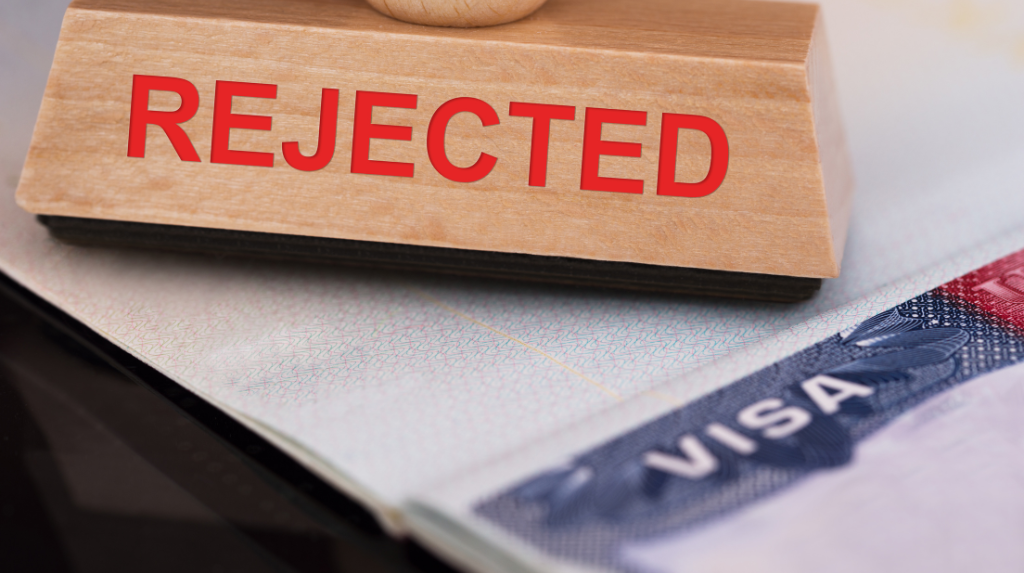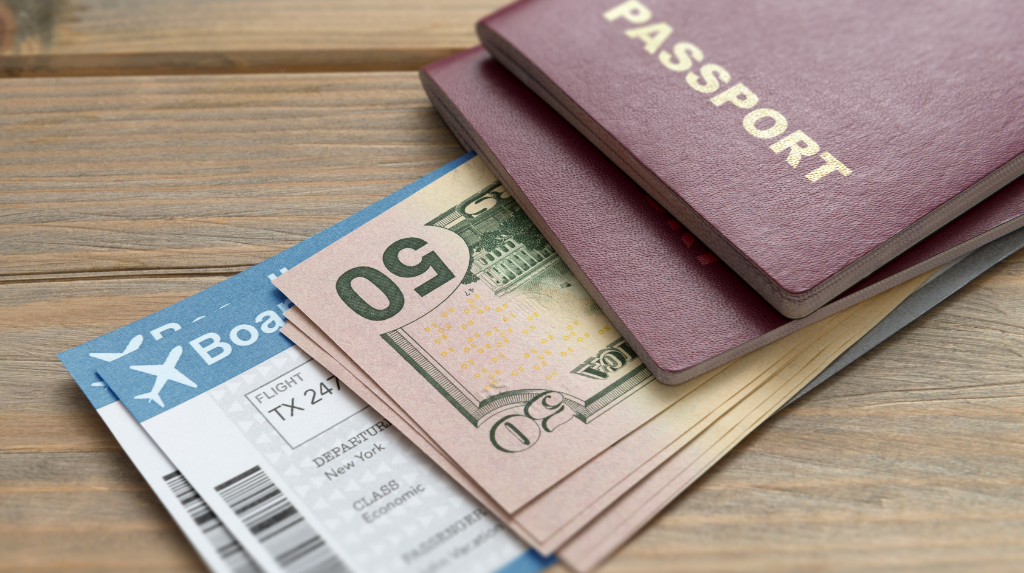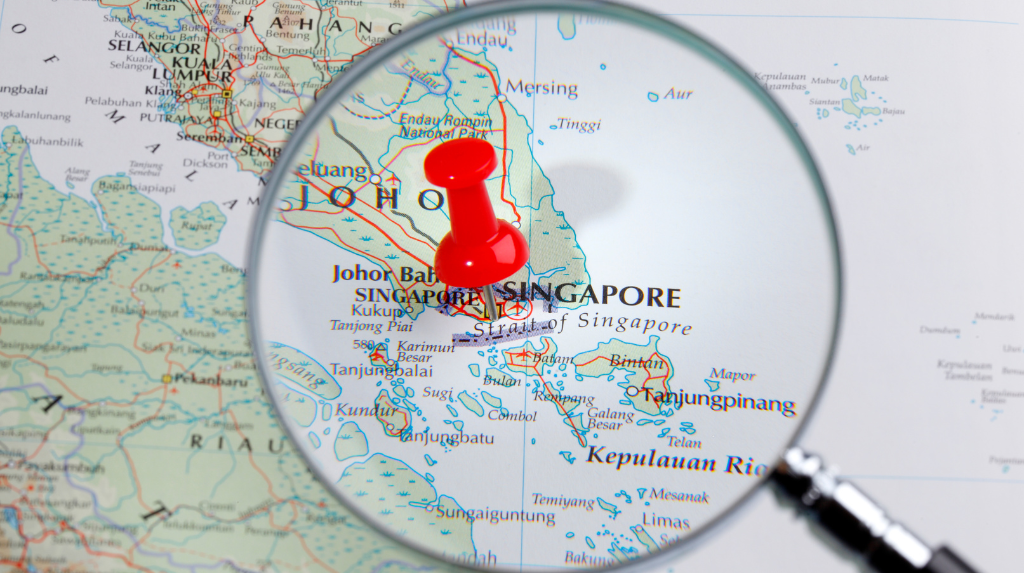If your Singapore visa application has been rejected, it can be a frustrating and disappointing experience. However, it’s important to remember that there are steps you can take to address the situation. In this comprehensive guide, we will provide you with expert advice on what to do if your Singapore visa is rejected, ensuring that you understand your options and can navigate the next steps effectively.
Understanding the Reasons for Visa Rejection
It is essential to understand the reasons behind your Singapore visa rejection. Carefully review the rejection letter and documentation provided by the immigration authorities. The letter will typically outline the specific grounds for the rejection, such as incomplete or inaccurate information, insufficient supporting documents, or concerns regarding your eligibility.
Reviewing the Rejection Letter and Documentation
Thoroughly review the rejection letter and accompanying documents. Pay attention to any specific instructions or recommendations provided by the immigration authorities. This will give you insights into the areas that need improvement or clarification for future applications.
Seeking Clarification or Additional Information
If you have any doubts or require further clarification regarding the rejection, consider reaching out to the immigration authorities. Contact the appropriate department or embassy to seek additional information or guidance on how to address the concerns raised in the rejection letter.
Considering Reapplying for the Visa
Depending on the specific circumstances, you may have the option to reapply for the Singapore visa. Before doing so, carefully assess the reasons for the initial rejection and take the necessary steps to address those issues. Keep in mind that reapplying without making any changes or improvements is likely to result in another rejection.
Exploring Alternative Visa Options
If reapplying for the same visa category is not feasible or advisable, explore alternative visa options that may better suit your circumstances. Research the available visa types and their respective requirements to determine if there is an alternative pathway that aligns with your purpose of travel to Singapore.
Consulting with an Immigration Lawyer
If you encounter challenges or complexities in understanding the rejection or exploring alternative options, it may be beneficial to consult with an immigration lawyer. An experienced lawyer can provide personalised advice based on your specific situation, guide you through the next steps, and help you make informed decisions.
Preparing a Stronger Application
If you decide to reapply for the Singapore visa or pursue an alternative visa option, it is crucial to prepare a stronger application. Reflect on the reasons for the initial rejection and identify areas that need improvement. This may involve gathering additional supporting documents, addressing concerns raised in the rejection letter, or seeking professional advice.
Gathering Additional Supporting Documents
When preparing a new visa application, focus on gathering comprehensive and compelling supporting documents. This may include updated bank statements, employment letters, travel itineraries, accommodation bookings, or any other relevant evidence that strengthens your case and demonstrates your genuine intentions to comply with the visa requirements.
Addressing Concerns Raised in the Rejection Letter
Take proactive steps to address the concerns raised in the rejection letter. If the rejection was due to inadequate documentation, ensure that you provide complete and accurate information in your revised application. If there were doubts about your purpose of travel or intentions, clearly explain your plans and provide supporting evidence to alleviate any concerns.
Submitting the Revised Application
Follow the guidelines provided by the immigration authorities for submitting your revised application. Ensure that all forms are completed accurately and signed where required. Double-check that you have included all the necessary supporting documents and that your application is organised in a clear and coherent manner.
Keeping Track of the Application Status
After submitting your revised application, monitor the status of your application closely. Some immigration authorities provide online portals or tracking systems where you can check the progress of your application. Stay updated on any notifications or requests for additional information from the immigration authorities.
Dealing with Prolonged Delays or Ongoing Issues
If your revised application faces prolonged delays or if you encounter ongoing issues, consider reaching out to the immigration authorities for clarification or updates. They may be able to provide insights into the processing timeline or address any concerns or complications that may have arisen during the assessment.
Seeking Assistance from Relevant Authorities
In cases where you require urgent assistance or encounter significant difficulties throughout the visa application process, it may be necessary to seek assistance from relevant authorities. Contact the appropriate embassy or consulate to explain your situation and seek guidance on the best course of action to resolve any issues or concerns.
Appealing the Rejection Decision
If you strongly believe that the rejection of your Singapore visa was unjust or based on incorrect grounds, you may have the option to appeal the decision. The appeal process allows you to present your case to a higher authority or review board for reconsideration.
Understanding the Appeal Process
Before initiating an appeal, it is essential to understand the specific appeal process outlined by the immigration authorities. Familiarise yourself with the necessary forms, deadlines, and requirements for lodging an appeal. Follow the instructions carefully to ensure that your appeal is considered.
Gathering Strong Supporting Evidence for the Appeal
To strengthen your appeal, gather compelling supporting evidence that addresses the reasons for the initial rejection. This may include additional documentation, expert opinions, testimonials, or any other relevant materials that support your case and demonstrate your eligibility for the visa.
Crafting a Persuasive Appeal Letter
Write a persuasive appeal letter that clearly outlines your grounds for appeal and presents a compelling argument. Address each reason for rejection individually, providing a concise and well-structured response. Use clear and persuasive language to present your case effectively.
Submitting the Appeal and Follow-Up
Follow the designated process for submitting your appeal, ensuring that you include all required documents, forms, and fees. Keep a record of your appeal submission and any communication with the immigration authorities. Follow up on the status of your appeal and respond promptly to any requests for additional information.
Exploring Legal Remedies, if Necessary
In certain cases, where all other avenues have been exhausted, you may consider exploring legal remedies. Consult with an immigration lawyer to assess the viability of pursuing legal action and to understand the potential implications and processes involved.
Taking Proactive Steps for Future Applications
Regardless of the outcome of your appeal or any alternative options pursued, it is crucial to take proactive steps to enhance your future visa applications. Address any weaknesses or concerns identified throughout the process, gather strong supporting documents, and ensure that your future applications are complete, accurate, and aligned with the visa requirements.
Learning from the Rejection Experience
View the visa rejection as a learning opportunity. Reflect on the reasons for the rejection and consider how you can improve your understanding of the visa application process. Learn from any mistakes or shortcomings and use the experience to better navigate future visa applications.
Seeking Professional Advice and Assistance
If you find the visa application process complex or overwhelming, or if you require expert guidance, consider seeking professional advice and assistance. Immigration lawyers or consultants with experience in Singapore visa applications can provide personalised support, assess your case, and guide you through the process.
Frequently Asked Questions (FAQs)
What are the common reasons for Singapore visa rejection?
Common reasons for Singapore visa rejection include inadequate supporting documents, failure to meet eligibility criteria, concerns about the purpose of travel, or doubts regarding the intention to comply with visa conditions.
Can I reapply for a Singapore visa after rejection?
Yes, in most cases, you can reapply for a Singapore visa after rejection. However, it is crucial to address the reasons for rejection and make necessary improvements to your application before reapplying.
How long does the Singapore visa appeal process take?
The duration of the Singapore visa appeal process can vary depending on the complexity of the case and the specific procedures outlined by the immigration authorities. It is advisable to consult the relevant authorities or seek legal advice for accurate information regarding the appeal timeline.
What documents should I submit with my appeal?
When submitting an appeal, include all relevant documents that strengthen your case and address the reasons for the initial rejection. This may include additional supporting documents, expert opinions, testimonials, or any other evidence that supports your eligibility for the visa.
Can I seek legal assistance for my visa rejection?
Yes, if you require legal guidance or representation throughout the visa rejection process, you can seek assistance from an immigration lawyer. They can assess your case, provide advice on the best course of action, and guide you through the appeal or alternative options.
How can I prevent visa rejection in the future?
To improve your chances of a successful visa application in the future, ensure that you thoroughly understand the visa requirements, gather comprehensive and accurate supporting documents, address any concerns or issues raised in the rejection, and seek professional advice if needed.
In conclusion, experiencing a Singapore visa rejection can be disheartening, but it is crucial to approach the situation proactively and explore your options. By understanding the reasons for rejection, seeking clarification, considering alternative visa options, appealing the decision when appropriate, and taking proactive steps for future applications, you can increase your chances of obtaining a favourable outcome. Remember to seek professional advice when needed and learn from the rejection experience to enhance your future visa applications.
Do you need assistance with your Singaporeans visa appeal?
Contact our team of skilled immigration lawyers to discuss your visa and immigration needs.
Call us on +234 812 5505 986 or WhatsApp us at +234 818 1547 085 for immediate assistance with your situation. We are available to assist you in person, over the phone, or online.





